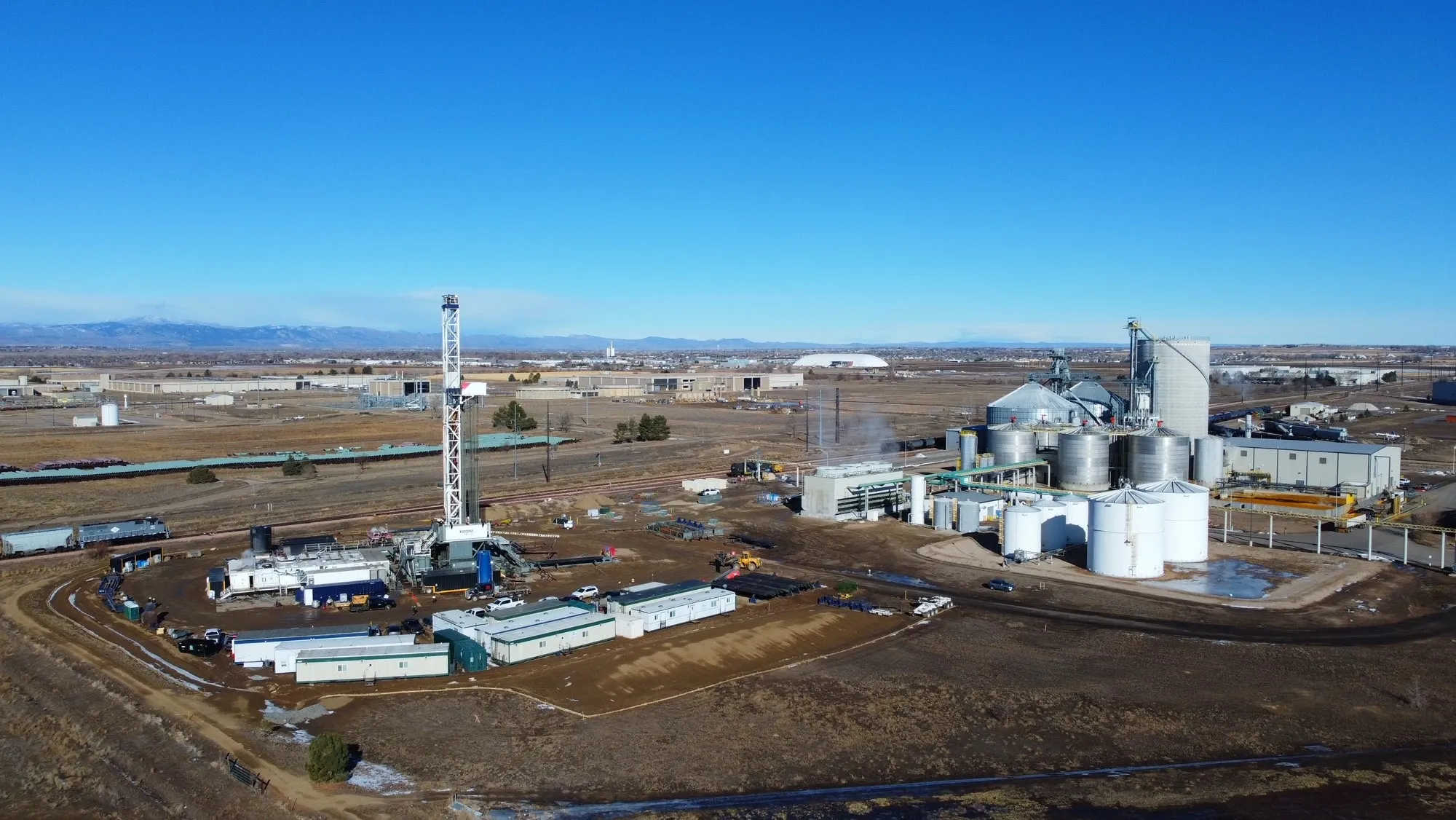Front Range Energy ethanol plant moves toward zero-carbon future

After 18 years of providing ethanol to the Rocky Mountain market, Front Range Energy could soon be completely carbon free, which could eventually usher the business into sustainable aviation fuels markets.
THIS ARTICLE IS FOR SUBSCRIBERS ONLY
Continue reading for less than $3 per week!
Get a month of award-winning local business news, trends and insights
Access award-winning content today!
Already have a paid subscription?




